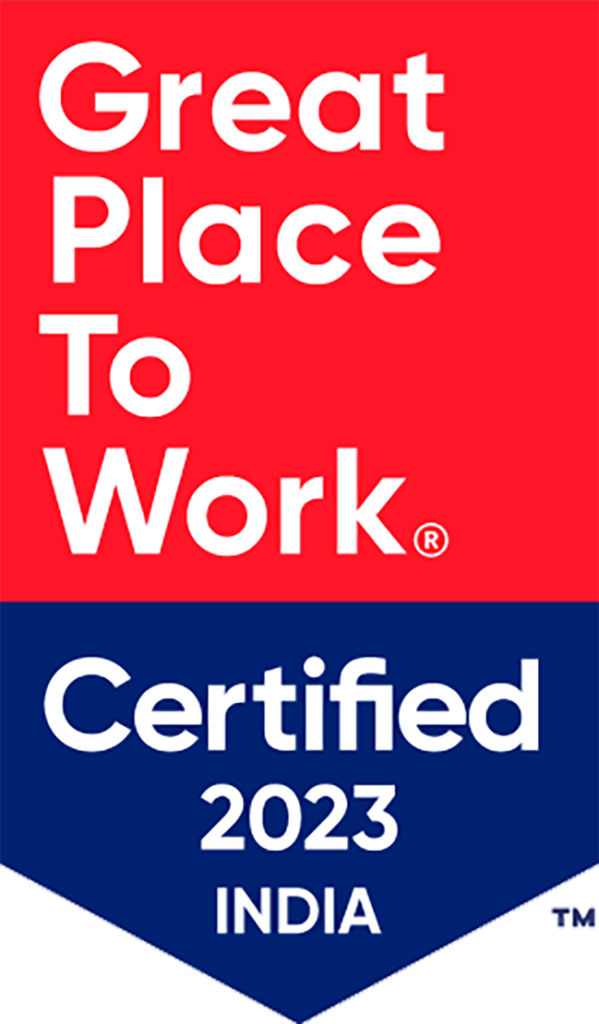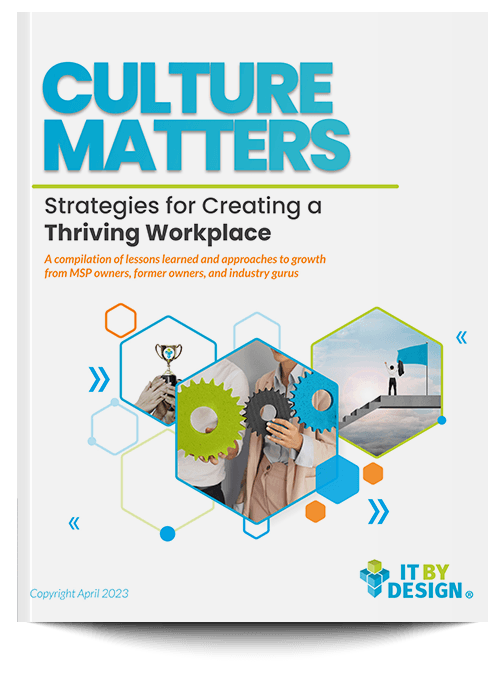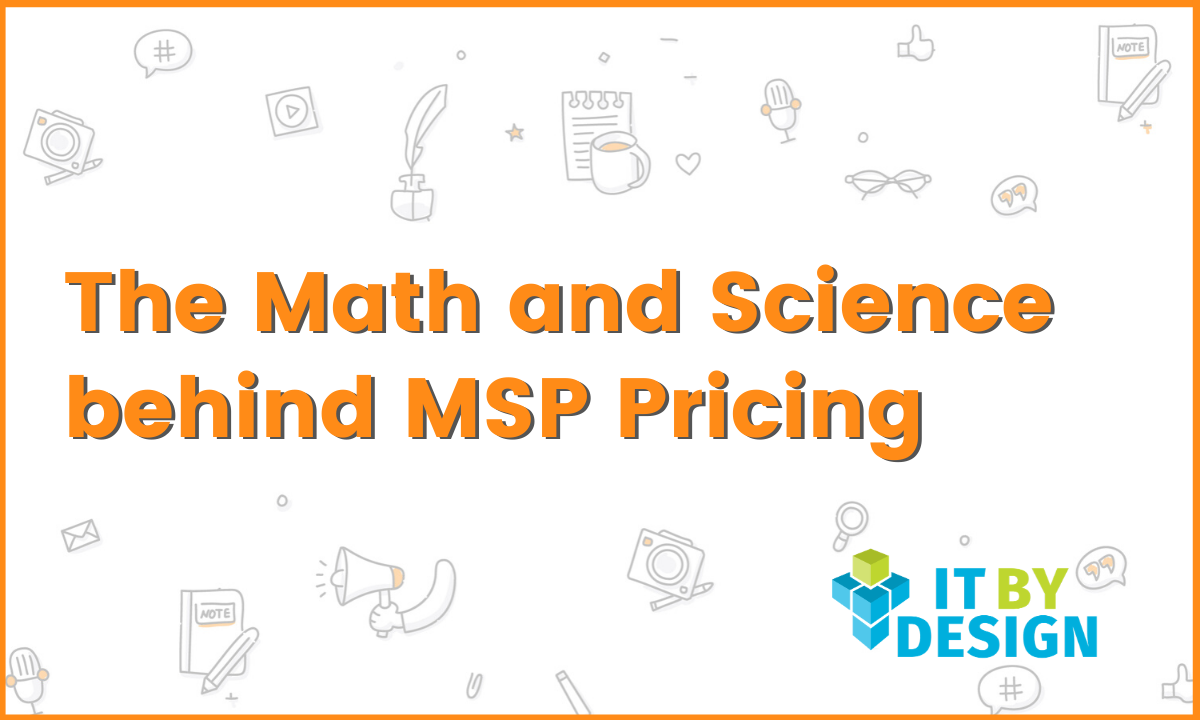Is it possible to generate 50% more revenue with the same number of employees? Yes, it is! Top MSP players enjoy profit margins that are three times the industry average. These providers don’t work harder; they simply focus on key metrics and set the right price to drive success with numbers.
MSP pricing is tricky. You want to offer competitive prices to appear appealing. But, lower prices don’t always equate to more business. In fact, charging too little for your IT services can cause you an excess of IT tickets, low profit margins, and no opportunities for business growth. So, how do you know if you are adhering to the best MSP pricing practices? (Because let’s be honest, this has been a debate since the first IT providers started migrating to the MSP model.)
Many businesses, in their attempt to achieve profitability, are often guilty of paying too much attention to metrics that don’t lead to desired results. Result? They don’t end up with the right price to support their profitability and scalability. What are that metrics an MSP should focus on to achieve success and business sustainability?
Leverage
Leverage, the relationship between an hour worked and a dollar billed to your client, is the foundation for knowing what you should be charging customers. Simply put, it is all about how much service revenue you can generate annually based on the number of people on your payroll. The more you charge for fewer employees to work, the greater your leverage is – and the more revenue you earn. When you maximize your leverage, you also maximize your profit margins.
All in Seat Price (AISP) and Average MRR
Both AISP and MRR have a huge impact on how you leverage your service offering and what you charge clients. Once you’ve calculated these numbers, you’ll have an idea of where to improve. You’ll know what you should be charging per seat and how much monthly recurring revenue you must achieve to be profitable.
First, you need to determine your average monthly recurring revenue (MRR) per client. That’s the amount your average customer pays your company per month. To do that, take the total amount of monthly recurring revenue you earn each month and divide it by the number of customers your MSP supports.
To determine your AISP, the average price per seat that your business supports, divide your monthly recurring revenue by the seats you support to get your average AISP. For instance, if you have $140,000 of MRR and you manage 1,000 seats, your average AISP would be $140/seat.
What should you be charging?
We see AISP prices range from $50 to $200. With that large of a range, it can be tricky to know where you should fall. To begin with, study the purchasing power on an average end user. This will help you gauge if you are overpricing. To ensure that you are not underpricing, look at your cost and margin.
If your AISP is $100 at a total cost per set of $45, your gross margin will be $55. But, if your AISP is $150, you will end up earning $105 margin at the same cost per seat. If you set the right price in the beginning, you can do a lot with the extra $50, which can be added to your budget and used for learning and development programs or technology, or to fuel other business expansion ideas.
As a best practice, keep an eye on your average MRR and AISP and adjust your pricing goals as your business grows. Never ask customers how you should price your service offering. They will always end up telling you that your prices are too high. You don’t even have to discuss AISP with clients until they sign an agreement with you.
Note: This blog includes parts of a discussion between Gary Pica, President, TruMethods, and Sunny Kaila, CEO, IT By Design. During a ITBD webinar on “’The Math and Science Behind Scaling Your MSP Business,” Gary and Sunny, both of whom have helped transform many MSPs, shared the most common mistakes that kill MSP profitability and metrics that can help resolve that challenge. To hear more of the conversation between Gary and Sunny about higher margins, watch the full video recording here.







